Search by Topic
- covid-19 19
- coronavirus 12
- sleep 5
- covid vaccine 4
- weight management 4
- flu 3
- heart health 3
- diabetes 2
- exercise 2
- herd immunity. 2
- immunizations 2
- osteoporosis 2
- posture 2
- supplements 2
- vaccine 2
- weight loss 2
- Acid Reflux 1
- CDC 1
- CT Scans 1
- Corticosteroids 1
- Delta Variant 1
- Flu vaccine 1
- GERD 1
- Gastroesophageal Reflux Disease 1
- HEPATITIS C 1
- Intermittent Fasting 1
- Johnson and Johnson 1
- KETO DIET 1
- MDVIP 1
- MS 1
- Masks 1
- Men's Health 1
- Moderna 1
- Multiple Sclerosis 1
- Pfizer 1
- Plenity 1
- Tryptophan 1
- alcohol 1
- alcohol abuse 1
- aspirin 1
- blood pressure 1
- bone health 1
- calcium 1
- cardiovascular 1
- cardiovascular disease 1
- cholesterol 1
- coconut oil 1
- coronary plaque 1
- covid-19 in Children 1
- covid-19 testing 1
These DIY health assessments can sound the alarm for a number of women’s health conditions.
Self-breast exams have been recommended by many health experts over the years, but there are currently no cancer-screening guidelines that include performing routine self-breast exams. Evidence has shown that mammograms are the preferred screening method; women should consult their physicians to find out the screening mammogram recommendations that are best for them. However, women should be familiar with how their breasts normally look and feel and should report any changes to a health care provider right away.
Women can use the “Home Access HIV-1 Test System” to assess for the presence of the human immunodeficiency virus that can cause AIDS. By providing a blood sample, women can return this home kit for the answer. The results are confidential, as is the provided counseling. Many effective treatments are available.
Atrial fibrillation, an irregular and often asymptomatic change in heart rhythm, can cause a significant increase in the risk of strokes. Pulse checks are best performed by placing the index and middle fingers on the underside of the opposite wrist, just below the base of the thumb. By checking your pulse, you can determine the pulse count per minute (normal is between 60 and 100 beats per minute) and also discover any irregularities, such as the fast and irregular rhythm of atrial fibrillation that varies from 100 to 175 beats per minute. If abnormalities are noted, please consult your doctor.
High blood pressure, or hypertension, is another common women’s health condition; up to 58% of adult American women have high blood pressure. Hypertension is a major risk factor for heart disease, strokes and some types of kidney problems. Normal blood pressure is 120/80. Some guidelines define hypertension as blood pressures of 140/90 or more, while others are more strict at 130/80 or more. Obtaining a home blood pressure cuff is a good idea, especially if you have a known history of hypertension. Make sure that the monitor you buy will fit your upper arm and that it’s easy to use and read. Check your blood pressure about once a month. It’s also a good idea to bring your blood pressure monitor with you to doctors’ visits so that you can check its accuracy.
To do a skin cancer check, every month perform a total body self-exam to look for new moles or changes in old ones. Basal cell and squamous cell cancers develop in different skin layers, and squamous cell cancers are more likely to spread to other areas. Melanomas, the most serious kind of skin cancer, are often black in color or composed of a variety of colors and also are irregular in shape. Look for moles that change in size, shape, thickness and color. Get naked and look everywhere, including your scalp and the soles of your feet. Have a partner help you check areas that are hard to see, especially your back. And don’t forget your ears, sun-exposed areas that are very prone to developing skin cancers.
Depression, found in more than 17 million Americans, is twice as likely to be diagnosed in women than in men. The symptoms of depression can include weight loss or gain, irritability, fatigue, and feelings of hopelessness. You can use this depression screen (https://psychcentral.com/quizzes/depression-quiz/) to see if you are at risk. If you suspect depression, please contact your doctor for help.

